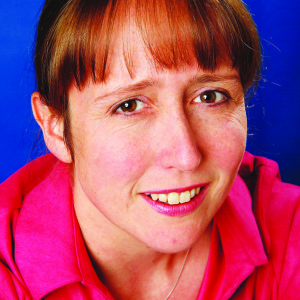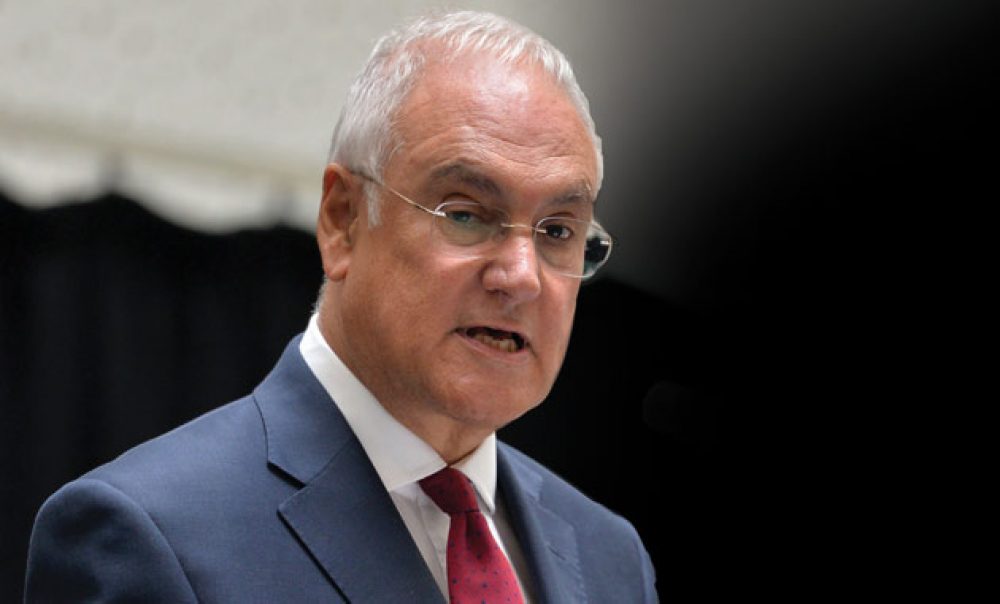Ofsted’s renewed call for more places in school-based early years provision is a sign the watchdog is “panicking” over government plans to double free childcare allowances for working parents, an early years expert has claimed.
Sir Michael Wilshaw, the chief inspector, spoke today about the need for schools to take “more disadvantaged two-year-olds” and “work with other early years providers”.
He was speaking at the launch of Ofsted’s second annual early years report.
The report warns that increased demand for early years places, as a result of the government’s pledge to double the number of hours of free childcare for children of working parents, could place capacity in certain areas “under pressure”.

Education author and early years expert Sue Cowley told Schools Week that Ofsted was “obviously panicking” about the policy, because “a lot of the private, volunteer and independent sector won’t necessarily have the capacity” to take on extra children.
She added: “For example, most day nurseries, which have a [specific] number of children they’re allowed to take on, will be considered to be full.
“So if you’re trying increase the number of hours children can do for free [the nurseries] don’t have that spare capacity, so they have to turn to schools.”
Ms Cowley said the government faced the task of persuading schools to offer more provision, but warned that a lot of schools “don’t necessarily have that capacity either”.
She also claimed that Ofsted’s focus on schools may be due to the larger amount of control government has over them in comparison to other early years providers – including powers over place supply.
Concerns have previously been raised about the costs incurred by early years providers, whose per child funding for the free childcare places has not increased for seven years.
A Conservative spokesperson in April said that, if elected, the government would seek to “build capacity … including capital funding for new nursery provisions in schools.”
The spokesperson also said the party would consult on the appropriate level of hourly funding rates.
But Ms Cowley said: “You can’t just magic up provision by saying you’re going to fund it” and that the focus on schools wasn’t necessarily the most “sensible” option.
She added: “It’s complicated because early years in schools is run very differently, and the way it is funded in schools has always historically been slightly different. There are going to be all sorts of frictions when they try to bring it in. The flexibility of what parents are offered will be damaged.”
During his speech, Sir Michael said: “There can be no doubt that the quality of early years provision is better now than at any point in Ofsted’s history.
“But we know it is the poorest children who have the most to gain if they are being well taught before they reach statutory school age – and the most to lose if they are not.
“So we need to incentivise schools to take more disadvantaged two-year-olds and to work with other early years providers in their local area.
“We also need to do much more to encourage the most disadvantaged parents to take up the funded places scheme for two-year-olds, which is currently not reaching anywhere near enough children.”







Your thoughts